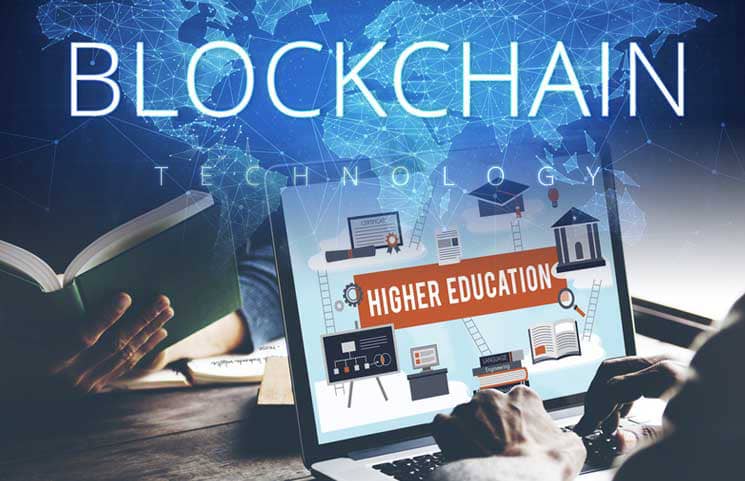In recent years, blockchain technology has gained significant attention for its potential to revolutionize various industries. One such area where blockchain holds great promise is in the verification of academic credentials. Africa, with its diverse and expanding education landscape, stands to benefit greatly from the implementation of blockchain-based systems for verifying educational qualifications. This article aims to explore the use of blockchain in verifying academic credentials in Africa, highlighting its benefits, challenges, and potential applications.
The Challenges of Traditional Credential Verification
The traditional process of verifying academic credentials in Africa is often cumbersome and time-consuming. It typically involves manual checks, physical documents, and reliance on centralized databases. This system is prone to errors, fraud, and inefficiencies, leading to delayed recruitment processes, inaccurate qualifications, and increased costs. Furthermore, the increasing incidence of fake degrees and certificates has raised concerns about the credibility and integrity of educational qualifications.
How Blockchain Technology Can Help
Blockchain technology offers a decentralized and tamper-proof solution for verifying academic credentials. By leveraging the inherent characteristics of blockchain, such as immutability, transparency, and security, it becomes possible to create a reliable and efficient verification system. Here are some key benefits of using blockchain for academic credential verification:
a. Data Integrity: Blockchain’s immutability ensures that once a credential is recorded on the blockchain, it cannot be altered or tampered with. This feature helps maintain the integrity of academic records and prevents fraud.
b. Transparency and Trust: Blockchain enables a transparent and auditable record of academic credentials. Employers, educational institutions, and other stakeholders can easily access and verify the authenticity of qualifications, fostering trust and reducing the reliance on intermediaries.
c. Efficiency and Cost Savings: Blockchain-based verification systems eliminate the need for manual checks and document verification, streamlining the process and reducing administrative burdens. This efficiency leads to cost savings for institutions and organizations involved in credential verification.
d. Digital Credentials: Blockchain technology enables the issuance of digital credentials in a secure and verifiable format. Digital certificates can be easily shared, stored, and accessed, eliminating the need for physical documents and reducing the risk of loss or damage.
Potential Applications in Africa
The implementation of blockchain-based systems for verifying academic credentials in Africa holds significant potential across various sectors:
a. Education: Blockchain can be used by educational institutions to issue and verify digital certificates, diplomas, and degrees. This ensures the authenticity and credibility of qualifications, facilitating student mobility and improving the recognition of African qualifications globally.
b. Employment and Recruitment: Employers can use blockchain-based verification systems to efficiently verify the qualifications of job applicants. This reduces the time and resources spent on manual background checks and minimizes the risk of hiring individuals with fraudulent credentials.
c. Government and Public Services: Governments can leverage blockchain technology to create a secure and decentralized repository of academic credentials. This can be used for various purposes, including student financial aid, licensing, and public sector recruitment.
Overcoming Challenges and Adoption
While the potential benefits of using blockchain for verifying academic credentials in Africa are substantial, there are challenges that need to be addressed for successful adoption:
a. Infrastructure and Connectivity: The widespread implementation of blockchain technology requires a reliable internet infrastructure and connectivity across the continent. Efforts should be made to ensure accessibility to remote areas and address the digital divide.
b. Standardization and Interoperability: Establishing common standards and protocols for issuing and verifying credentials on the blockchain is crucial. This will enable interoperability between different systems and facilitate seamless verification across borders and institutions.
c. Awareness and Education: Stakeholders, including educational institutions, employers, and government bodies, need to be educated about the benefits and potential of blockchain technology for academic credential verification. Awareness campaigns and training programs can help foster understanding and drive adoption.



